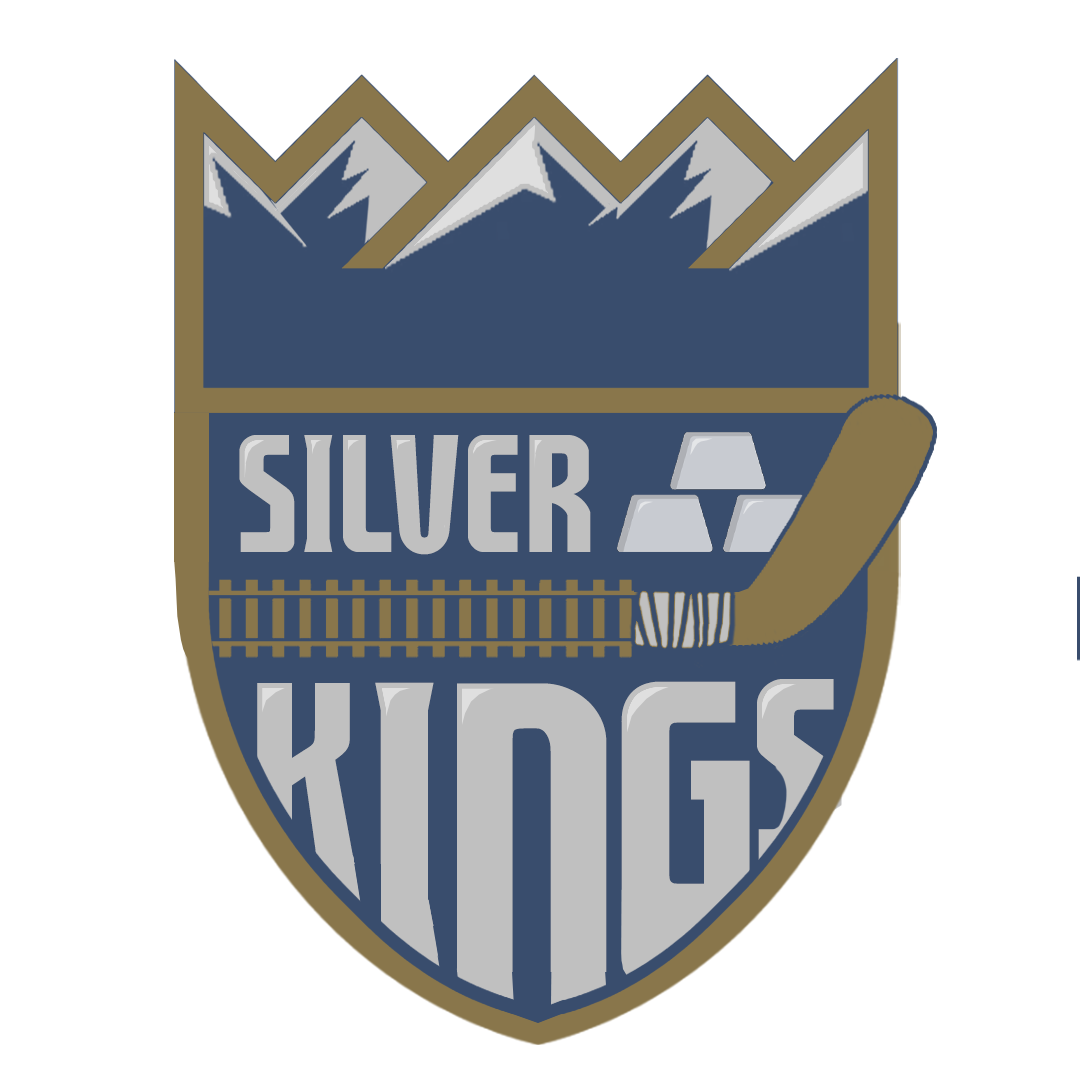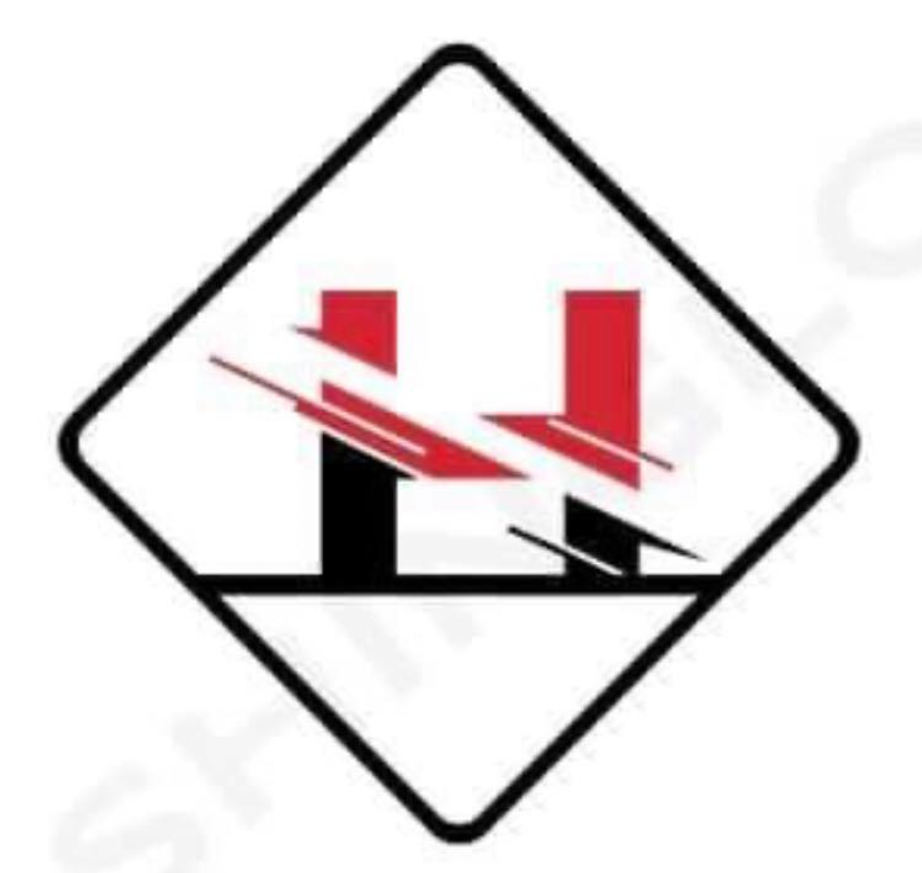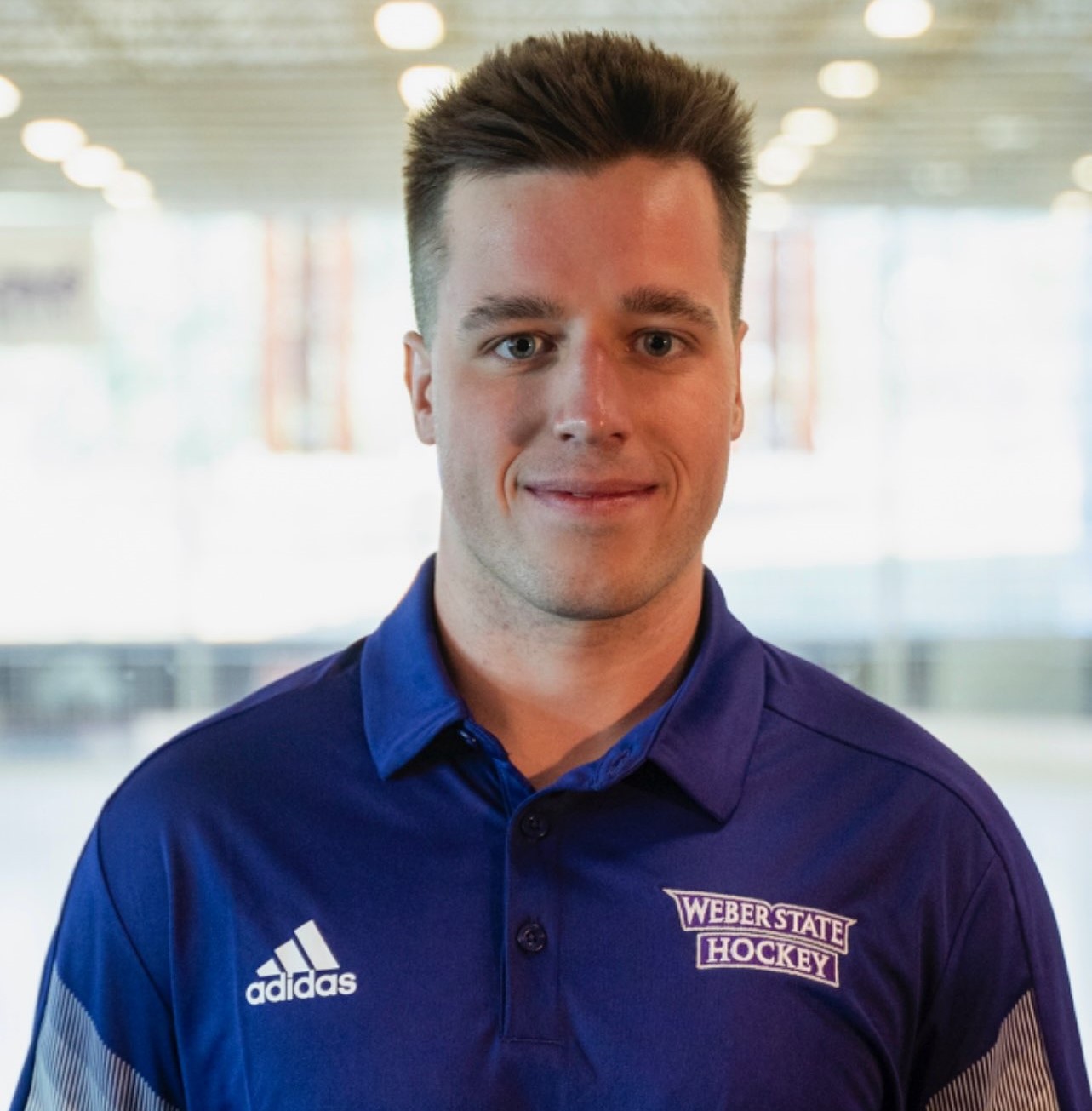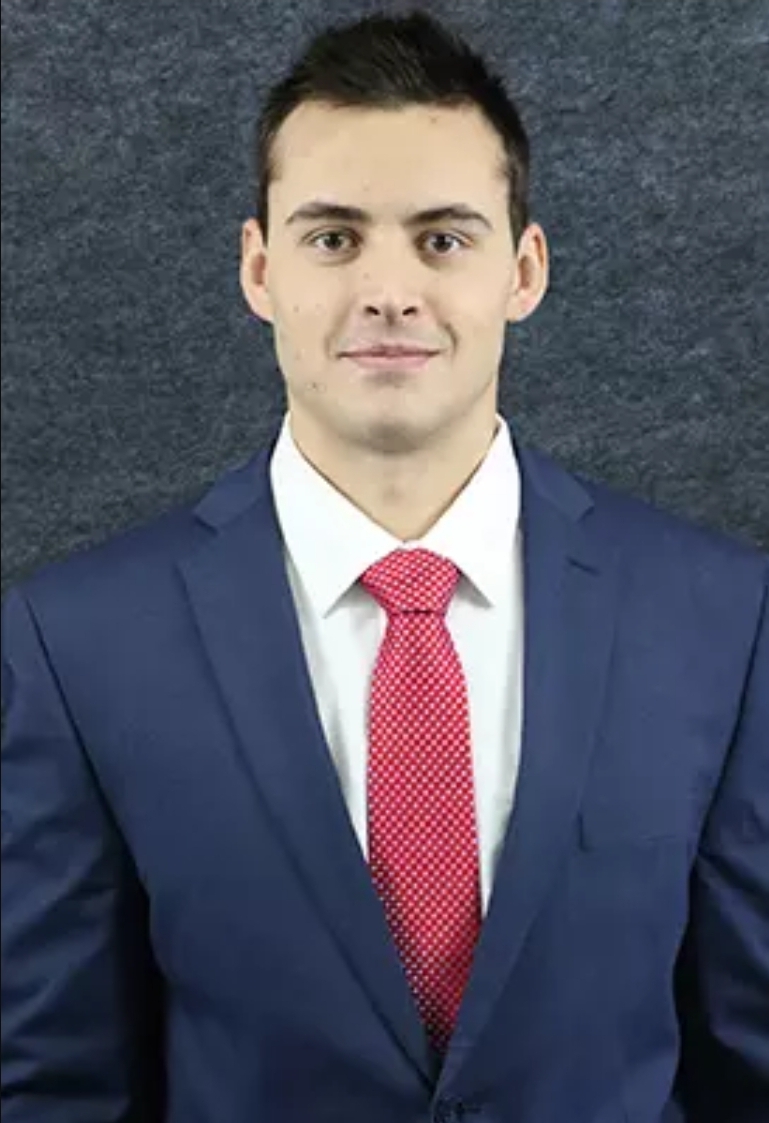






Oversees all team operations, manages finances (including tracking expenses, income, and budgets), ensures alignment with the team’s overall goals and strategies, and handles technical oversight (including maintaining the team website and managing digital tools). The CEO also serves as a final decision-maker in disputes that could jeopardize team stability or integrity.

Manages the team’s public relations and coordinates with other teams for scheduling games, and oversees the promotion of team events and activities.

Manages social media presence, and oversees the promotion of team events and activities. The CMO is responsible for growing the fanbase and maintaining a consistent public image for the team

Responsible for overseeing all aspects of team performance, including strategy, game-day decisions, and player utilization. The CPO manages practices, determines lineups, and sets in-game tactics to ensure the team performs at a competitive level.

Handles logistics and game-day operations, ensuring facilities, equipment, and staff are prepared and functional. The COO manages all game-day activities and resolves logistical issues that may arise, including arena preparation and volunteer coordination.

Secures sponsorships and develops revenue streams to support team operations. The CSO creates and negotiates sponsorship packages, builds long-term relationships with partners, and explores additional fundraising opportunities. They also track and report sponsorship performance to the board.

Responsible for player recruitment and skills development. The CDO identifies and recruits players to join the team, focusing on filling gaps in the roster and strengthening the team’s depth. In addition to recruiting, the CDO works with players individually or in small groups to improve their skills and prepare them for game-time roles.